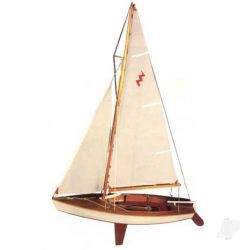Customer Reviews
This product hasn't been reviewed yet.
Write a reviewWrite Review
Please enter a valid email address.
This field is required.
Best Sellers
- Dumas Ace Sloop Kit (1102)
£46.99 - Seagull Arising Star V2 40-46 Trainer
£172.99 - PRIME DESERT ASSAULT V2 BUGGY 4WD 1/10TH 7.2V NI-MH
£154.99 - FTX Vantage 1/10 4WD Brushless Buggy RTR
£219.99 - FTX Outlaw 1/10 Brushless 4WD ULTRA-4 RTR Buggy
£234.99 - FTX Carnage NT 1/10th RTR 4WD Nitro Truck
£199.99 - FTX Banzai 4WD RTR 1/10 Brushed Drift Car Waterproof
£129.99 - FTX Outlaw 1/10 Brushed 4WD ULTRA-4 RTR Buggy
£144.99 - FTX Bugsta RTR 1/10th Scale 4WD Electric Brushed Off-Road Buggy
£129.99 - Etronix Pulse GFSK EX2 Sport 2.4GHZ Wheel 2ch Radio
£34.99 - Multiplex Solius RR 264264
£343.10 - Ripmax Quantum II 55 Brushless Motor
£47.99


